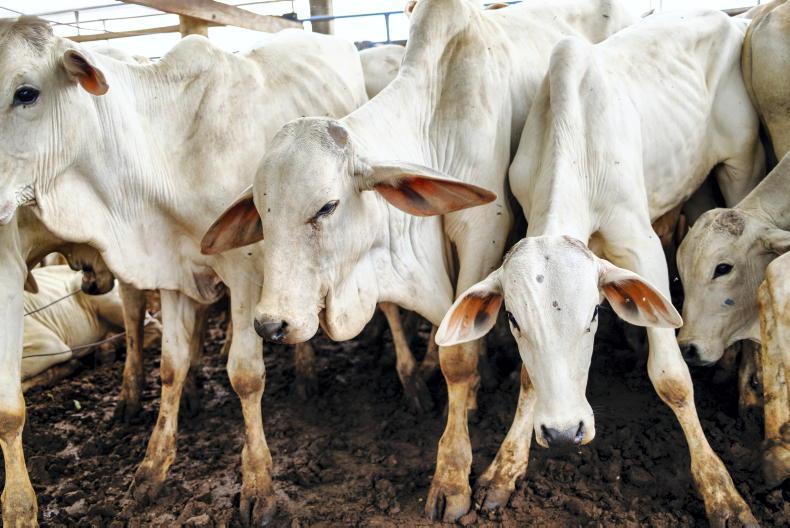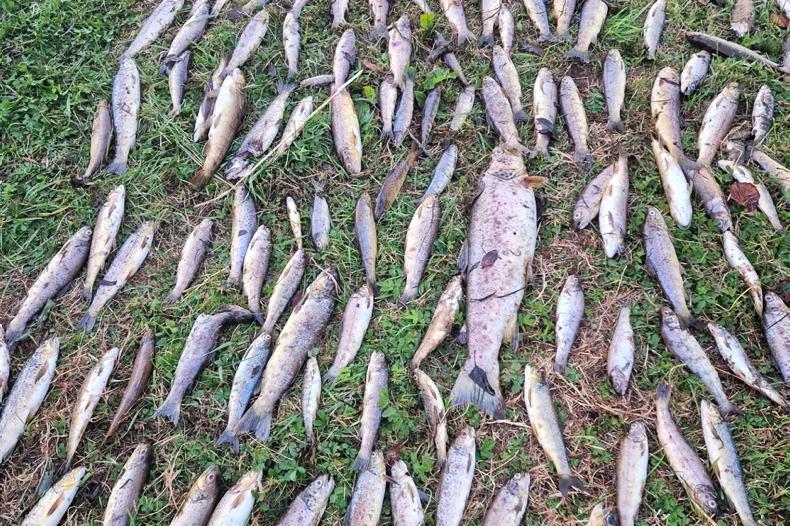The credibility of the European Commission as a leader in tackling climate change would be “shattered” if a trade deal is concluded with Mercosur allowing additional beef into the EU.
That is according to Pat McCormack, president of the Irish Creamery Milk Suppliers Association (ICMSA), who said such an agreement would be a disaster for farmers and the environment.
EU beef, specifically Irish beef, had a far superior environmental footprint than South American beef, McCormack said. In addition, European farmers were being challenged daily to further improve their footprint on the back of pressure and regulation from the EU Commission.
Policy
McCormack said farmers were extremely angry at the contradictions in EU policy: “On one hand, we have more regulation on an almost constant basis being imposed on EU farmers at huge financial and farm management cost and without the marketplace returning an extra cent for their efforts.
“On the other hand, the EU now appears to be prepared to allow additional access for Mercosur beef into the EU market with absolutely no environment or climate change commitments.”
He pointed to low-cost imports meeting much lower standards as one of the reasons food prices were at unsustainably low and unrealistic levels.
“Is the EU prepared to sell out its farm families and global climate change for big business? As of now, the answer would appear to be ‘yes’,” McCormack stated bluntly.
Standards
If farmers in the EU had to meet certain standards then those same standards must be imposed on imports also, he said.
McCormack called on the Government to vigorously oppose the Mercosur deal and seek the removal of any additional access for beef from the negotiating table and build in environment and climate change commitments for existing access.
“They have to do that if they are to be fair to their own farmers and in the interests of the environment”, he concluded.
Read more
Better dairy beef genetics must secure a better price - ICMSA
Appeal for vigilance on rural roads during upcoming silage period
The credibility of the European Commission as a leader in tackling climate change would be “shattered” if a trade deal is concluded with Mercosur allowing additional beef into the EU.
That is according to Pat McCormack, president of the Irish Creamery Milk Suppliers Association (ICMSA), who said such an agreement would be a disaster for farmers and the environment.
EU beef, specifically Irish beef, had a far superior environmental footprint than South American beef, McCormack said. In addition, European farmers were being challenged daily to further improve their footprint on the back of pressure and regulation from the EU Commission.
Policy
McCormack said farmers were extremely angry at the contradictions in EU policy: “On one hand, we have more regulation on an almost constant basis being imposed on EU farmers at huge financial and farm management cost and without the marketplace returning an extra cent for their efforts.
“On the other hand, the EU now appears to be prepared to allow additional access for Mercosur beef into the EU market with absolutely no environment or climate change commitments.”
He pointed to low-cost imports meeting much lower standards as one of the reasons food prices were at unsustainably low and unrealistic levels.
“Is the EU prepared to sell out its farm families and global climate change for big business? As of now, the answer would appear to be ‘yes’,” McCormack stated bluntly.
Standards
If farmers in the EU had to meet certain standards then those same standards must be imposed on imports also, he said.
McCormack called on the Government to vigorously oppose the Mercosur deal and seek the removal of any additional access for beef from the negotiating table and build in environment and climate change commitments for existing access.
“They have to do that if they are to be fair to their own farmers and in the interests of the environment”, he concluded.
Read more
Better dairy beef genetics must secure a better price - ICMSA
Appeal for vigilance on rural roads during upcoming silage period









SHARING OPTIONS